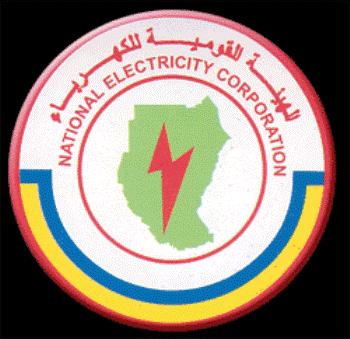Sudanese government says increase in price of electricity “unavoidable”
July 24, 2015 (KHARTOUM) – Sudan’s minister of water resources and electricity, Muataz Musa, has stressed that increase in the price of electricity is inevitable.

Musa said the projected increase in the price of electricity would be approved after conducting wide consultations with the customers, pointing to the need for increasing the price particularly for the rich segments of society.
“[Price increase] is inevitable but low-income people must be taken into consideration”, he said.
He wondered whether clients need sustainable electricity supply or cheap but unstable supply, emphasizing that limited and middle-income segments of society wouldn’t be negatively affected by the price changes.
“On what moral and legal bases does the government subsidizes rich people?” he wondered.
Musa, who spoke in a talk show broadcasted by the public Radio Omdurman on Friday, said the current tariff covers only 20% of the actual operating costs, stressing that low-income wouldn’t be affected by the anticipated price increase.
In an expanded meeting on Wednesday, president Omer al-Bashir discussed with Musa the electricity problem in the presence of his deputies, presidential ministers, oil and gas minister, finance minister and the director of the security services.
Musa told reporters following the meeting that Bashir directed that no increase should be made in the tariff for low-income people.
The minister said the increase in the tariff is aimed at reducing large consumption during the peak hours which costs the government hundreds of millions of pounds.
He attributed the recent electricity cuts to the low-level of water in the Meroe dam’s lake besides the large increase in the costs of operating the thermal power plants due to high fuel prices.
Musa stressed that the thermal power plant in Port Sudan would add 1500 megawatts to the national grid next month, emphasising that electricity supply would stabilize during the next month.
He also pointed to the import of solar-powered water pumps for agricultural irrigation, mentioning the high cost of building solar cells in Sudan.
The minister called on citizens to rationalize consumption, saying they suffer from the intensity of electricity use during the peak hours.
He further said that his ministry’s 2016 plan doesn’t include programmed electricity cuts, pointing to the anticipated increase in the thermal generation output.
Musa also pointed to the high cost of building thermal plants, saying it costs $1,5 billion and consumes between $500 to $600 million in fuel besides the spare parts.
The minister praised the media coverage of electricity issues, expressing his delight with its constructive criticism.
In September 2013, protests erupted in Sudan’s major towns following an announcement by the government that it was reducing subsidies on fuel and other basic commodities, leading to calls for regime change.
At least 200 protesters died, 15 of them children and more than 800 others have been detained.
